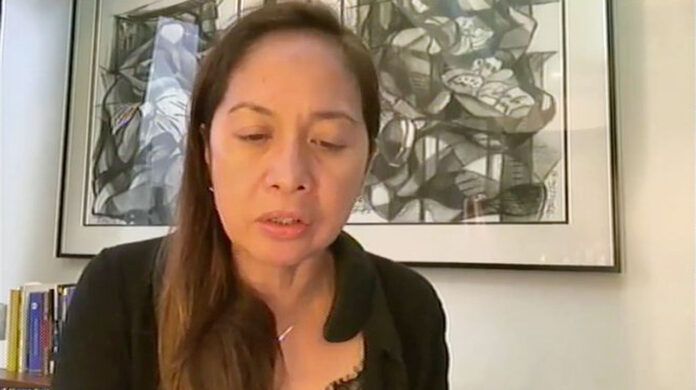A PARTY-LIST representative has called for a probe on pending agreements for the procurement of vaccines by local governments and the private sector, citing the need for better transparency from the national government which is a signatory to these deals.
AAMBIS-OWA Party-list Rep. Sharon S. Garin filed House Resolution 2154 on Monday calling for an inquiry on vaccine multi-party agreements (MPAs) by the Committee on Economic Affairs, which she chairs.
“There have been reports that these MPAs submitted by the LGUs (local government units) and the private sector are left unsigned and are languishing in the (National Task Force Against COVID-19), directly affecting the speedy vaccine rollout in the country,” according to the resolution.
Senator Juan Miguel F. Zubiri on Aug. 17 filed Senate Resolution 858 that also seeks to probe the task force on the deals.
Secretary Carlito G. Galvez, Jr., designated as head of the country’s vaccine program, said in a statement on Aug. 18 that the unsigned MPAs came after vaccine manufacturers said they either no longer accept orders, intend to prioritize national government-procured orders, or yet to secure authorization for the use of a specific brand.
Ms. Garin, in her resolution, said the explanation of Mr. Galvez is not enough and that there is a need for transparency in the allocation and coverage of the country’s vaccine rollout, especially in the provinces and rural areas amid a surge in coronavirus disease 2019 (COVID-19) cases due to the Delta variant.
LGUs and private businesses are allowed to procure COVID-19 vaccines in cooperation with the Department of Health and the National Task Force Against COVID-19, based on Republic Act 11525 or the COVID-19 Vaccination Program Act of 2021.
Ms. Garin noted in a press conference that an estimated 10 million doses have been made available to LGUs and private businesses that were covered by earlier multi-party agreements.
The national government is a party to the MPAs because all coronavirus vaccines are still under emergency use authorization and manufacturers require that indemnification be covered by the national government before finalizing any procurement deals. This means that the national government will shoulder the cost of potential adverse effects among those inoculated.
The Department of Health and the task force explained earlier this year that direct purchase deals could be pursued by local governments and the private sector once vaccines are given authority for commercial sale, which means manufacturers would face liability for adverse effects. — Russell Louis C. Ku

